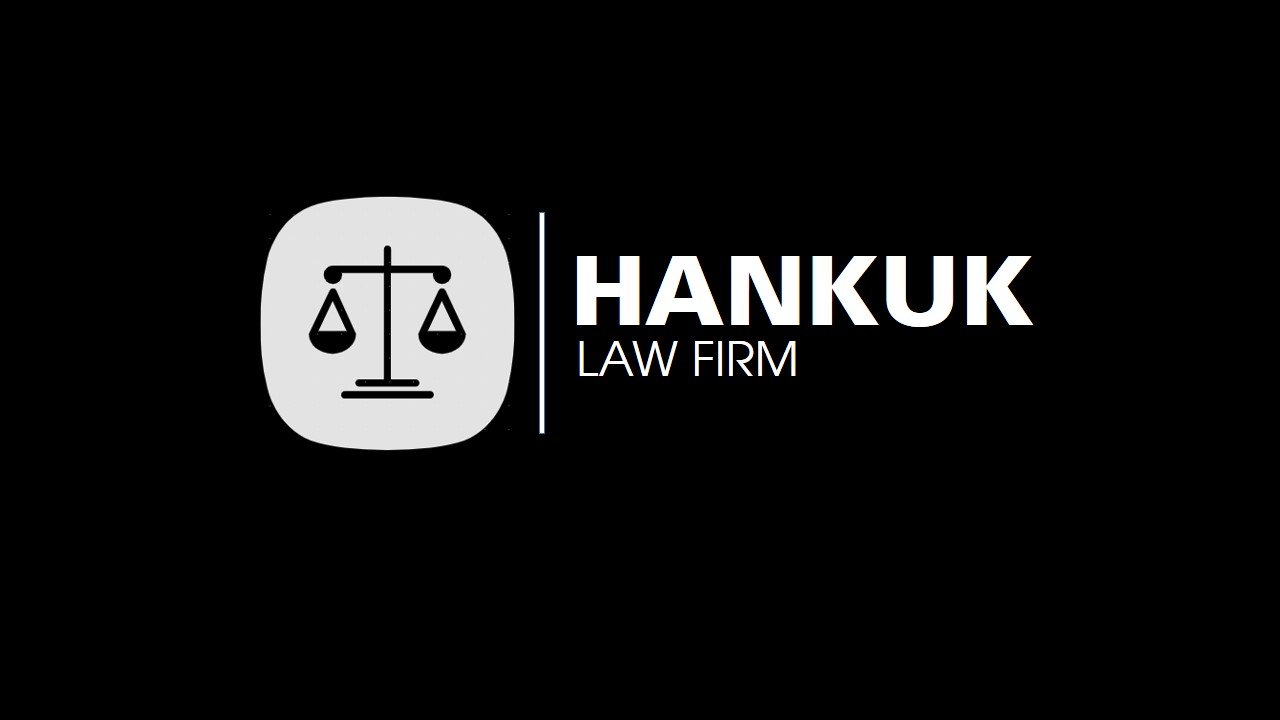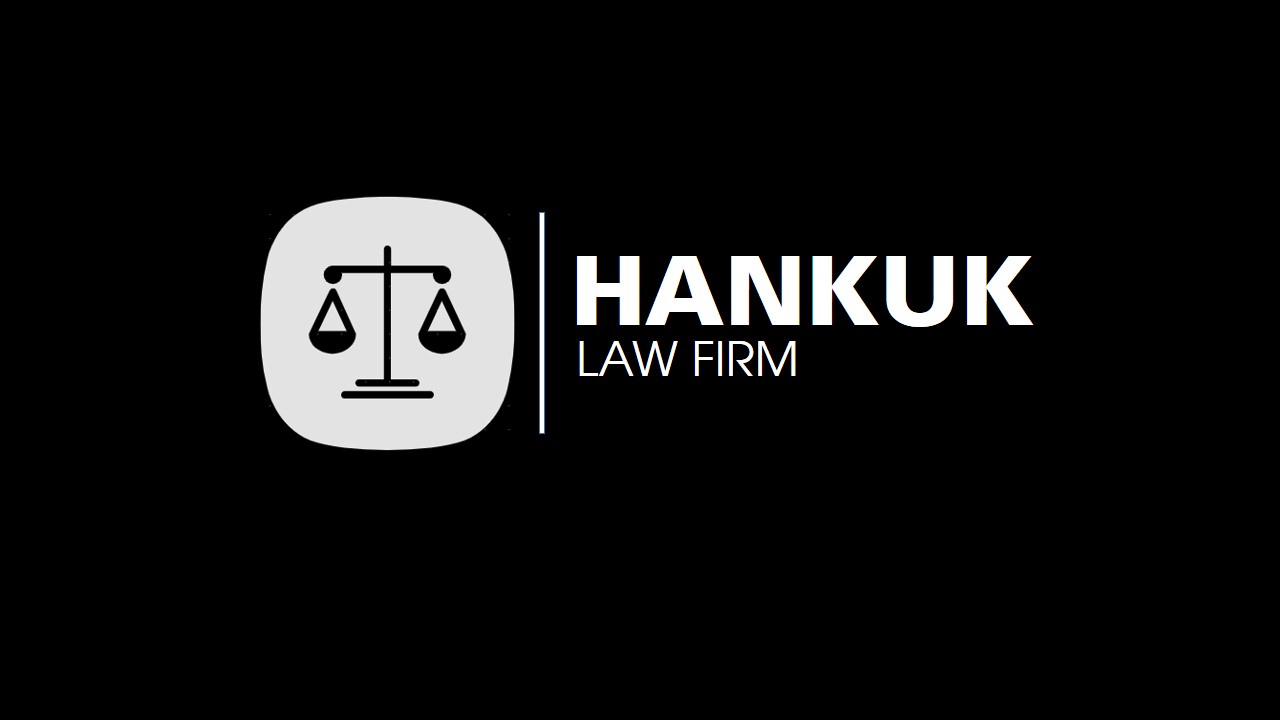REGULATIONS ON COMPANY DISSOLUTION
Company dissolution is a complex process that requires strict compliance with legal regulations to ensure the rights of all stakeholders. Regulations regarding Company dissolution not only specify the steps that businesses must follow but also impose stringent requirements to ensure that the process is carried out transparently and fairly. This article will provide a comprehensive overview of Company dissolution, from the concept and classification to the procedures and related legal issues.

Contents
- I. Concepts and Classifications in Company Dissolution
- II. Procedures in Company Dissolution
- 1. Decision on Dissolution under General Regulations on Company Dissolution
- 2. Notification and Implementation of Dissolution Decision in Company Dissolution
- 3. Payment of Debts and Financial Obligations on Company Dissolution
- 4. Handling Employee-Related Issues on Company Dissolution
- 5. Completion of Legal Procedures in Company Dissolution
- III. Legal Regulations in Company Dissolution
- IV. Common Issues and Solutions in Company Dissolution
- V. About Us, Hankuk Law Firm
I. Concepts and Classifications in Company Dissolution
Company dissolution is the process of ending the legal existence of an enterprise, and at the same time terminating all of its business activities. According to the general provisions on Company dissolution, this process can occur for many different reasons, including voluntary by the owner or compulsory due to violations of the law. There are two main types of enterprise dissolution generally regulated in Vietnamese law: voluntary dissolution and compulsory dissolution.
Voluntary dissolution under the provisions on Company dissolution usually occurs when an enterprise does not want to continue its business activities for economic reasons or changes in strategy. For example, an enterprise may decide to dissolve when they see that they are no longer profitable in their current business line, or when shareholders decide to shift their investment to another field.
In contrast, compulsory dissolution under the provisions on Company dissolution occurs when an enterprise is forced to cease operations due to violations of legal regulations. These violations may include non-compliance with tax regulations, failure to maintain operating conditions as required by law, or court decisions in disputes.

II. Procedures in Company Dissolution
The process of Company dissolution must comply with the steps strictly prescribed in Vietnamese law. This process includes the following basic steps:

1. Decision on Dissolution under General Regulations on Company Dissolution
The first step in the process of Company dissolution is to make a decision to dissolve it. This decision must be approved by the board of directors or the business owners, depending on the type of business. The decision to dissolve must include the reason for dissolution, the time frame, and the plan for handling assets.
2. Notification and Implementation of Dissolution Decision in Company Dissolution
Once the decision to dissolve is approved, the enterprise must notify the competent state agencies, business partners, and employees of this decision. According to the regulations on Company dissolution, this notification must be made within a certain period of time and must include full information about the termination of the enterprise’s operations.
3. Payment of Debts and Financial Obligations on Company Dissolution
One of the most important steps in the process of Company dissolution is paying off debts and financial obligations. The business must prioritize paying off debts in a prescribed order of priority. This includes paying employee debts, tax debts, and other debts. Failure to pay on time and in the correct amount can lead to serious legal disputes.
4. Handling Employee-Related Issues on Company Dissolution
The general provisions on the Company dissolution also impose strict requirements on the handling of issues related to employees. Enterprises must ensure that all employee rights are settled before the termination of operations. This includes the payment of wages, social insurance, and other benefits as prescribed by law.
5. Completion of Legal Procedures in Company Dissolution
Finally, the business must complete legal procedures to officially end the dissolution process. This includes filing dissolution reports, closing tax codes, and performing other administrative procedures as required by state management agencies. General regulations on Company dissolution require enterprises to carry out these procedures completely and accurately to avoid future legal problems.
III. Legal Regulations in Company Dissolution
The legal basis for general provisions on Company dissolution is mainly stipulated in the Enterprise Law 2020 and its implementing decrees. These provisions include provisions on the rights and obligations of enterprises during the dissolution process, debt payment procedures, and asset handling.

1. Legal Basis in Company Dissolution
Under the rules for Company dissolution, the owners and managers of the business are responsible for ensuring that all steps in the dissolution process are carried out in accordance with the law. This includes liquidating assets, paying debts, and resolving employee issues. If there are any violations during the dissolution process, the owners and managers may be held legally responsible.
2. Responsibilities of Company Owners and Managers on Company Dissolution
Under the rules for Company dissolution, the owners and managers of the business are responsible for ensuring that all steps in the dissolution process are carried out in accordance with the law. This includes liquidating assets, paying debts, and resolving employee issues. If there are any violations during the dissolution process, the owners and managers may be held legally responsible.
3. Dispute Resolution Related to Company Dissolution
During the dissolution process, disputes may arise between the enterprise and related parties such as business partners, employees, or government agencies. The regulations on Company dissolution also set out provisions on dispute resolution, including the role of courts and commercial arbitration. Enterprises need to comply with these regulations to ensure that the dissolution process goes smoothly and does not encounter legal problems.
IV. Common Issues and Solutions in Company Dissolution
Although the general regulations on Company dissolution have set out specific requirements, in practice, the dissolution process can encounter many difficulties.

1. Common Issues in Company Dissolution
One of the most common problems is debt settlement. Businesses may have difficulty liquidating assets to pay off debts, or face debt claims from multiple parties at the same time. In addition, resolving employee benefits can also cause problems if businesses do not follow the regulations as outlined in the Company dissolution process.
2. Solutions and Recommendations in Company Dissolution
To address these issues, businesses need to prepare carefully and strictly comply with the general regulations on Company dissolution. This includes consulting with legal experts, creating a detailed debt payment plan, and ensuring that all legal procedures are fully implemented. Compliance with the general regulations on Company dissolution not only helps businesses avoid legal risks but also ensures that the interests of all stakeholders are protected.
V. About Us, Hankuk Law Firm

■ Hankuk Law Firm – Introduction
The goal of the legal services provided by HANKUK LAW FIRM is to support businesses, investors, and people. Our organization employs skilled Korean lawyers, partners, and professionals to provide legal services to businesses related to corporations and litigation.
To support the startup process, our lawyers and staff provide a wide range of services, including business law consulting, tax and immigration law consulting, real estate services, business consulting, marketing and communications, human resources, product distribution, franchise options, etc. We provide expert advice on every aspect of your business needs.
To protect the legitimate rights and interests of our clients and achieve the best results, we provide legal advice and participate in civil lawsuits related to business, labor, marriage, family, and inheritance.
■ Contact us now

For reliable and effective legal advice, please contact HANKUK LAW FIRM now. We are committed to providing you with the best possible answers and our team of experienced lawyers has extensive knowledge in many legal fields. We are always here to provide the most competent and dedicated support, whether you are dealing with contractual issues, commercial disputes or need guidance on foreign investment. HANKUK LAW FIRM is honored to have assisted hundreds of domestic and international clients in skillfully resolving complex legal issues as their trusted legal partner. Do not let legal issues hinder your success. Let us accompany you towards legal achievement and comfort. For prompt guidance and support to ensure your rights are always maintained at the highest standards, contact HANKUK LAW FIRM now.
■ Contact Hankuk Law Firm:
| Website: http://hankuklawfirm.com/en/
FB: https://www.facebook.com/hankuk.lawfirm Tiktok: https://www.tiktok.com/@hankuklawfirm Youtube: https://www.youtube.com/@hankuklawfirm6375 Email: info@hankuklawfirm.com SĐT: 0942.339.063 |
 |

